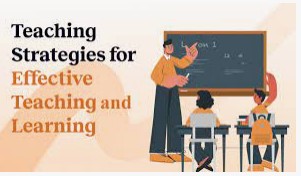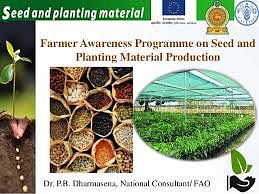
Understanding the Importance of Teaching Strategies:-
Teaching strategies encompass a wide range of techniques and approaches employed by educators to facilitate learning. These strategies are the cornerstone of effective pedagogy, enabling teachers to cater to diverse learning styles and abilities within their classrooms. By leveraging appropriate teaching strategies, educators can create an inclusive and dynamic learning environment that promotes student success.
Key Teaching Strategies for Educators:-
1. Differentiated Instruction
Keywords: Differentiated instruction, personalized learning, student diversity
Differentiated instruction involves tailoring teaching methods to meet the unique needs of each student. This teaching strategy recognizes that students have varying learning styles, strengths, and weaknesses. By adapting lessons to suit individual abilities, educators can ensure that all students have the opportunity to excel.
2. Active Learning
Keywords: Active learning, student engagement, hands-on activities
Active learning encourages students to be actively involved in the learning process. It involves interactive activities, group discussions, problem-solving tasks, and experiments. This approach fosters engagement and comprehension, making the learning experience more memorable.
3. Flipped Classroom
Keywords: Flipped classroom, pre-class assignments, in-class activities
In a flipped classroom, students engage with course content before attending class, usually through pre-class assignments or online videos. Classroom time is then dedicated to discussions, problem-solving, and collaborative activities, promoting a deeper understanding of the subject matter.
4. Technology Integration
Keywords: Technology in education, EdTech tools, digital resources
Leveraging technology in the classroom can enhance the learning experience. Teachers can use educational technology, such as interactive apps and online resources, to make lessons more engaging and interactive.
5. Formative Assessment
Keywords: Formative assessment, student feedback, assessment for learning
Formative assessments, like quizzes, peer evaluations, and self-assessments, provide teachers with insights into student progress. This information allows educators to adjust their teaching methods in real-time, helping students stay on track and grasp the material.
6. Socratic Questioning
Keywords: Socratic questioning, critical thinking, inquiry-based learning
Socratic questioning encourages students to think critically and engage in meaningful discussions. By asking open-ended questions, educators stimulate dialogue and help students develop their problem-solving and critical thinking skills.










